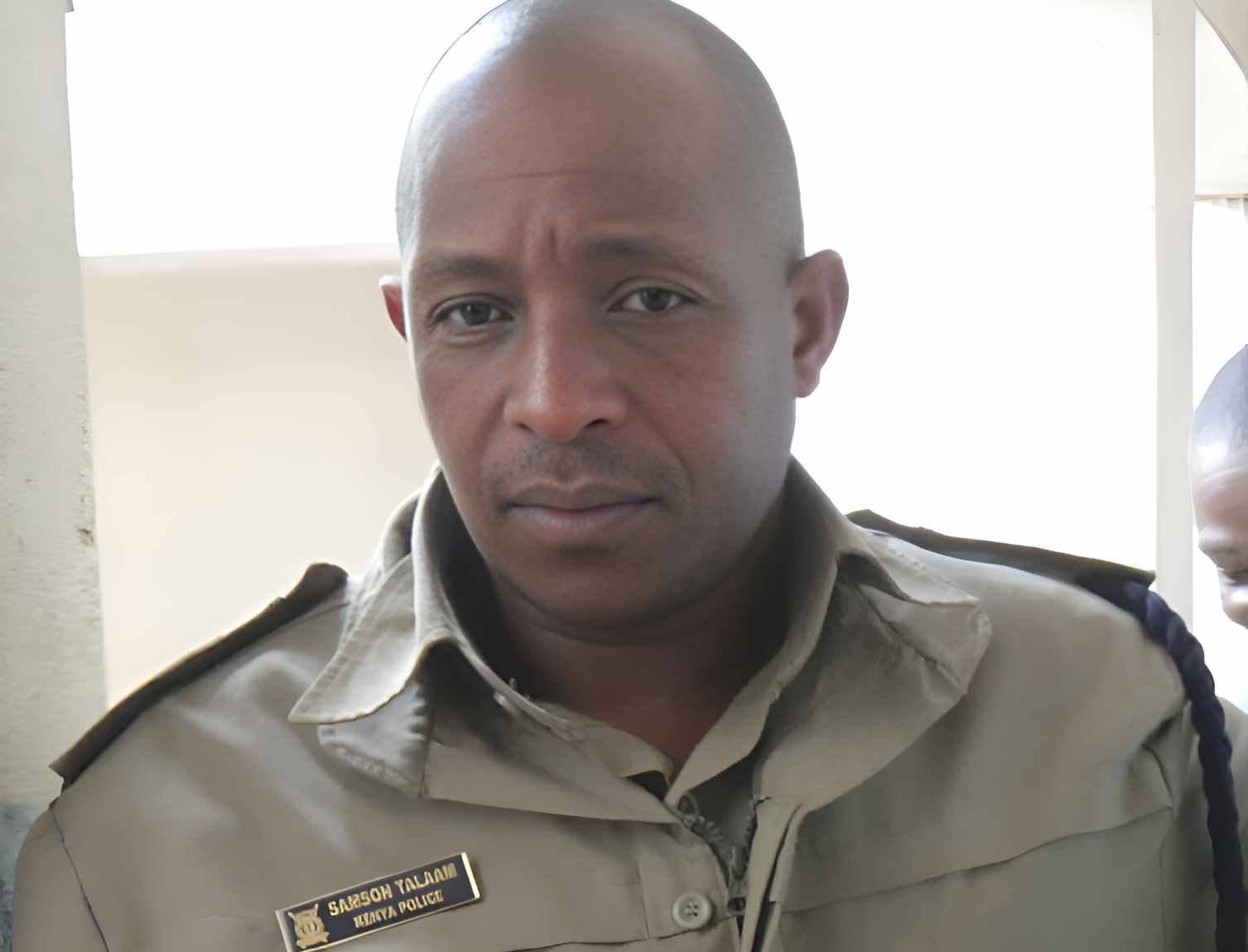The Officer Commanding Central Police Station in Nairobi, Samson Talaam, has been named the main suspect in the death of Albert Ojwang, who died while in police custody.
Director of Criminal Investigations Mohammed Amin told the Senate on Wednesday that Ojwang was never officially booked at the station, following direct instructions from Talaam.
"It has further been confirmed that before the booking, the report office personnel called the OCS, who declined to book the suspect. Talaam is the Officer Commanding Central Police Station, and from the totality of things, he should be treated as a prime suspect in the matter," Amin said.
Ojwang was arrested in Homa Bay over a cybercrime offence and transferred to Nairobi, where he later died inside the police station. His death has sparked outrage and demands for accountability from security officials.
A post-mortem conducted by government pathologist Dr Bernard Midia showed injuries that contradicted an earlier police report claiming Ojwang hit his head on a wall.
"When we examined the pattern of the injury, especially the trauma I found on the head. Hitting against a blunt substance like a wall would have a pattern," Midia said.
He explained that the injuries were widespread and not consistent with self-harm.
"The bleeds that we found on the scalp, on the skin of the head were spaced, including on the face, sides of the head, and the back of the head. When we tie this with other injuries that are well spread on parts of the body… including the upper limbs and the trunk, then this is unlikely to be self-inflicted injury," he said.
Amin defended the transfer of Ojwang from Homa Bay to Nairobi, saying it was legal and followed the Criminal Procedure Code.
"The CPC, Section 71, Cap 75 is very clear on the places of trial and jurisdictions. The ordinary place of trial is determined by where the crime was committed. In this case, we believe the offence was committed in Nairobi, though the arrest happened in Homa Bay," he said.
He said cybercrime is not limited by region, and suspects can be moved without a court order.
"We do not require a court order to move a suspect from one police jurisdiction to another. For the deceased, he was booked out at Mawego Police Station in Homa Bay at 1600 hours and booked in at Central Police Station at 2132 hours," he said.
Amin also dismissed reports that Ojwang was held at DCI headquarters before his death.
"I can confirm without fear of contradiction that from Homa Bay, the suspect was driven straight to Central Police Station and nowhere else. We can technically confirm this even through the GPS system of the Subaru vehicle," he said.
He explained that Mawego Police Station does not have CCTV cameras because it was recently upgraded from a police post.
Amin added that Ojwang was treated humanely during the journey to Nairobi.
"While at Narok, he asked for refreshments, and he was given some by the arresting officers," he said.
Ojwang reportedly spoke to his wife at 21:24 hours, shortly before being booked into Central Police Station.
Amin also responded to concerns about Deputy Inspector General Eliud Lagat’s involvement in the case, saying Lagat had filed a formal complaint over allegations made against him.
"I wish to confirm that it is true, just like any other citizen, the DIG-KPS Eliud Lagat filed his complaint with the DCI in view of the very, very serious allegations touching on the integrity of his office and himself personally," he said.
"The complaint by the DIG-KPS was subjected to the same due process, and there wasn’t any preferential treatment. Throughout our investigation, he never interfered with the investigations whatsoever."
The Senate is expected to continue with its inquiry into Ojwang’s death, as calls grow for justice and accountability.

